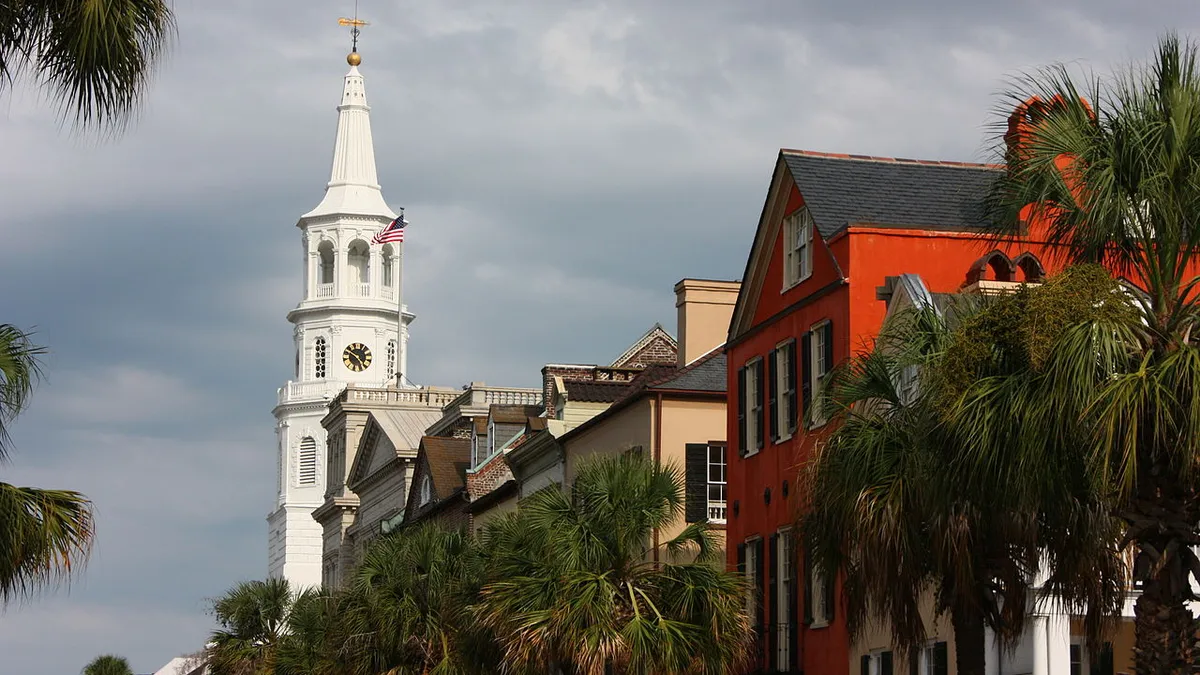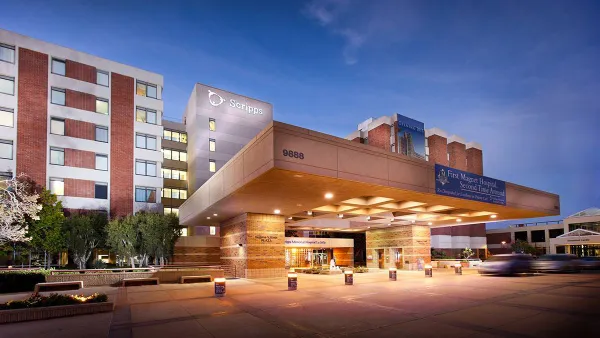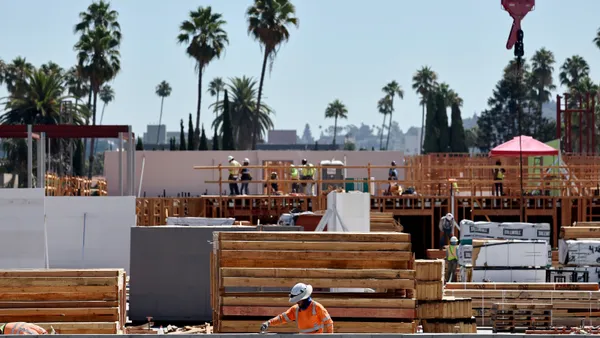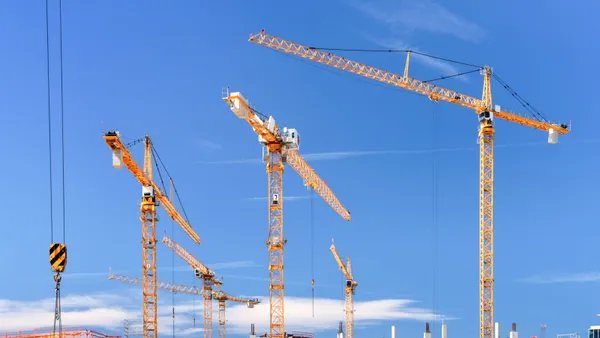Dive Brief:
-
The wave of in-migration in housing markets across the U.S. has been stronger in some areas than in others, according to a new Realtor.com survey of cities with populations of 50,000 or greater from 2000 to 2015 comparing home values in lower-income Census tracts and residents’ income and education levels.
-
Charleston, SC, topped the list with the greatest upward shift among those factors during the period. The city has reached 62.5% of its “gentrification potential,” with median home prices rising 77.5% from $152,100 in 2000 to $270,000 in 2015, the survey found.
-
The following cities rounded out the top 10 spots: Asheville, NC; Washington; Portland, OR; Denver; Nashville, TN; Sacramento, CA; Jersey City, NJ; Long Beach, CA; and Austin, TX.
Dive Insight:
Realtor.com’s study links up with other recent data showing many U.S. cities are rapidly transforming as neighborhoods serving predominately low- and middle-income communities are being transformed to make way for upscale developments.
The trend is widening the affordability gap, pricing many residents in the lower and middle income brackets out of the market.
Washington, DC, for example, has seen an explosion in residential building activity, particularly in the NoMa (North of Massachusetts Avenue) neighborhood, with work recently starting on the $100 million, 318-unit Highline apartment development. This followed an announcement last month by Toll Brothers and AECOM Capital that they had secured a $130 million construction loan to build a 525-unit luxury apartment in the neighborhood.
As the District transforms, lower income households are struggling to find affordable accommodations. The median home sales price there was $550,000 in December, up 7.7% year-over-year, with a 1.6-month supply of for-sale housing inventory available, according to the Greater Capital Area Association of Realtors.
Portland, OR, is another U.S. city facing a major affordable housing squeeze, forcing officials to drum up new initiatives to bridge the gap, with the city council last summer green-lighting a 1% construction excise tax set to add $8 million annually to affordable housing initiatives.
For more housing news, sign up for our daily residential construction newsletter.














